Companies are increasingly confronted with hostile stakeholdersupstream of a real estate or small infrastructureproject: local residents'associations, environmental groups, overcautiouselected representatives , etc.To overcome this obstacle ,some companies arenow drawing onthe methods established by the practice of public debate, in particular concertation.
Real estate and construction projects of all kinds are increasingly facing opposition from elected representatives reluctant to sign off on building permits, and also from hostile residents: the rate of appeals is soaring. And while appeals cost opponents little or nothing, they have a heavy financial and reputational cost for the project owner.
How do you talk to opponents, especially those who are increasingly moving from peaceful demonstrations to violent operations (occupation, etc.), and who are in fact often very much in the minority? Paradoxically, by doing more than is required by law... In order to provide a framework for its own projects, the French government introduced the practice of public debate for major development projects as early as 1995 (Barnier law), and reinforced it in 2002. Then the 2016 law created local consultation, with a view to gathering the opinions of the citizens most directly concerned by smaller projects but likely to have an impact on the environment. More modest developments, involving a few buildings, the extension of a production site or a road connection, do not fall within these legal perimeters. However, this does not preclude the use of consultation: some private companies engage in discussions with the local population at an early stage, without any legal obligation to do so. This method is commonplace in Switzerland, a country of consensus if ever there was one.
For the private player, it's important to open a dialogue well in advance with all stakeholders, giving everyone access to complete and relevant information (the principle of transparency), to encourage effective participation via dedicated meetings, and to gather the most well-argued points of view of those concerned and take them into account by devising reasonable adaptations. The aim is not to deny the nuisance, but to explain it and weigh it up against the potential benefits - improved tax revenues (or even lower local taxes), job creation, meeting the need for social housing... Often, the majority of residents will support the positive arguments, marginalizing the radical opponents.
This phase is also already activating media relations and social networks around the consultation process itself, helping to bring together the part of the population that is in favor, starting with the most influential supporters (local business leaders, political representatives and opinion leaders).
From Lyon to Boulogne Billancourt, many large-scale real estate projects have already benefited from this new "upstream communication" method. Understanding opposition and listening to requests often pays off: creating a green space or lowering a building can be enough to convince moderate opponents, who are often in the majority. As an added bonus, the organizer gains an image as a player concerned with social responsibility and dialogue with stakeholders.
Isabelle Mas, Partner
